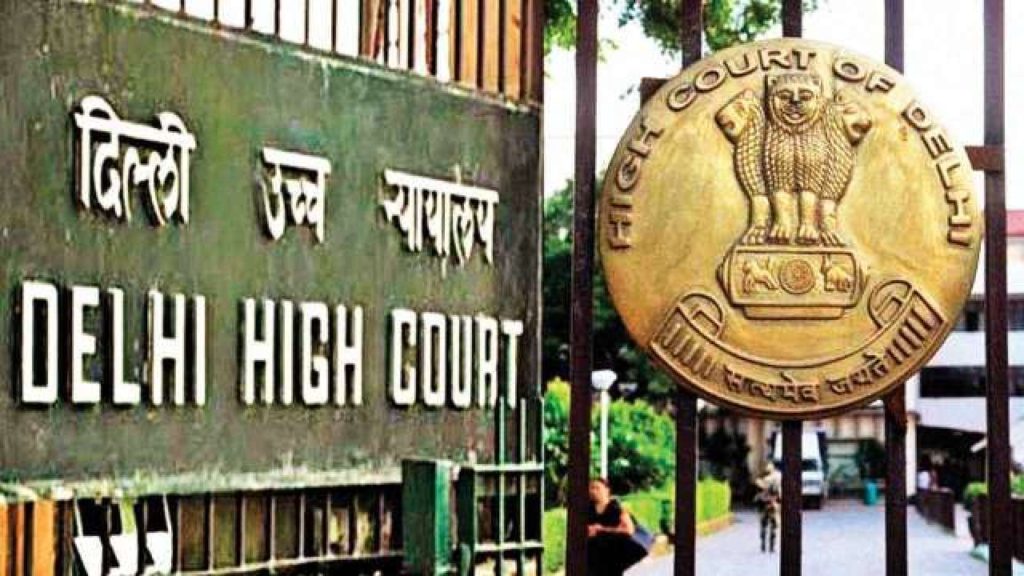Nithyakalyani Narayanan. V
The Delhi High Court noted that “true love” between teenagers cannot be curtailed by the severity of the law or by state intervention, dismissing a case of kidnapping and rape against a man who had eloped with a girl nine years prior while she was a child.
Justice Swarana Kanta Sharma stated that occasionally, judges may find themselves in the difficult position of attempting to defend government or police action against a young couple who were married, went on to have a tranquil marriage, raised a family, and complied with the law – “This court has time and again reached a conclusion that true love between two individuals, one or both of whom may be minor or minors on the verge of majority, cannot be controlled through rigors of law or state action. The cases, as the present one, are those where the dilemma of the judge, which may be rare, has to take into account the delicate balance which the constitutional court or courts of law have to strike between the law and its strict application and the society as a whole and the individuals who are before it”.
The girl stated she was a major, but the police maintained that she was a juvenile at the time of the incident. As a result, the 2015 FIR against the guy for kidnapping and raping the girl was dismissed by the High Court. It stated that if the FIR is not cancelled, it will negatively impact the two daughters of the couple’s future and lead to the failure of true and effective justice.
Following their elopement, the pair were blessed by the man’s parents and married according to Muslim customs. An FIR was registered against the man by the girl’s father and when the police grabbed hold of them, she was found to be five months pregnant.
She claimed before the High Court that she was 18 years old at the time of the occurrence and that she was in a consensual relationship with the man because she loved him and had married him.
Justice Sharma observed that the girl consistently backed the man’s cause rather than the state’s and that the couple married notwithstanding the law’s prohibition against it. He mentioned that the couple had been married for roughly nine years, were grateful to have two daughters, and were parenting their kids well.
It stated that the decision of this petition would determine the future of the parties’ families, which includes the two girls and the housewife, as well as the lovely, harmonious life they had created together over the past nine years- “This court notes that the judicial system is tasked not only with interpreting and upholding the law but also with understanding the dynamics of society. The court’s role extends beyond a mere application and interpretation of statutes. It involves an understanding of the implications of its decisions on individuals and the community at large”.
The court emphasized that the balance of justice is not always determined solely by mathematical precision or formulas. In certain instances, one side of the scale may represent the law, while the other side encompasses the entire lives, happiness, and future of young children, their parents, and other family members- “The scale that reflects and portrays such pure happiness sans any criminality will definitely equal the scale carrying law as the application of law is meant for maintaining rule of law”.
Bench: Justice Swarana Kanta Sharma.


